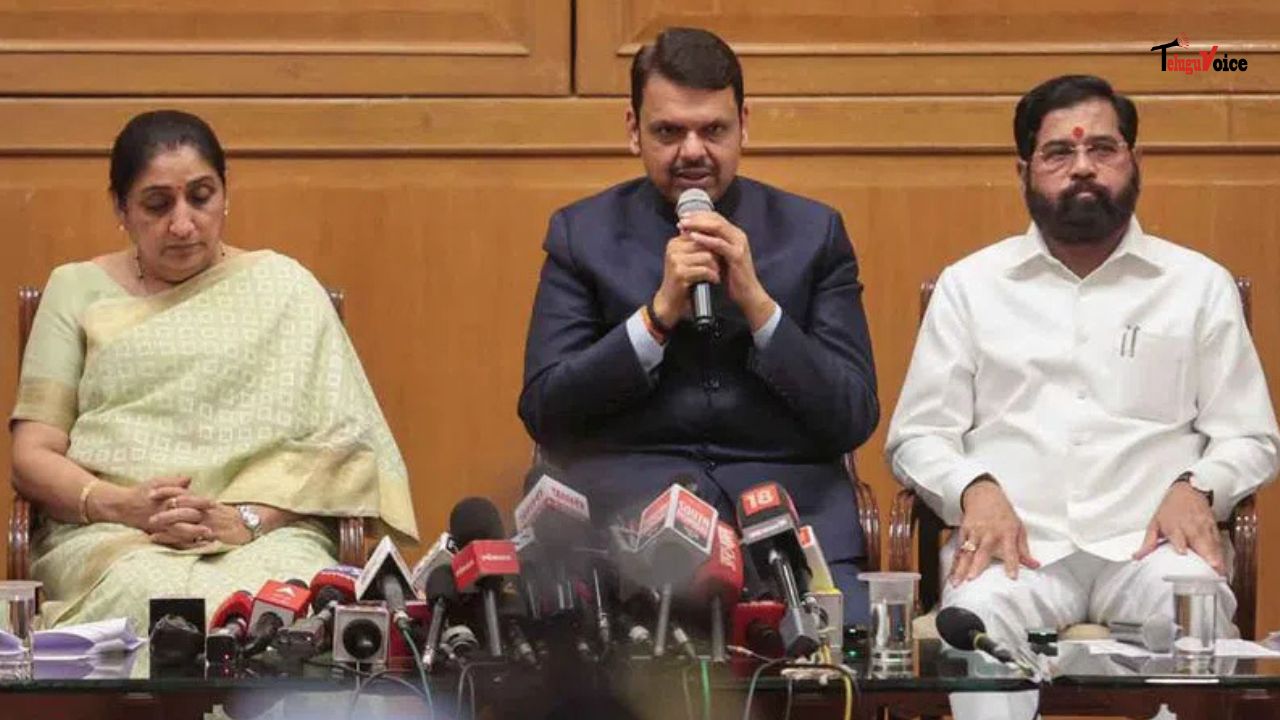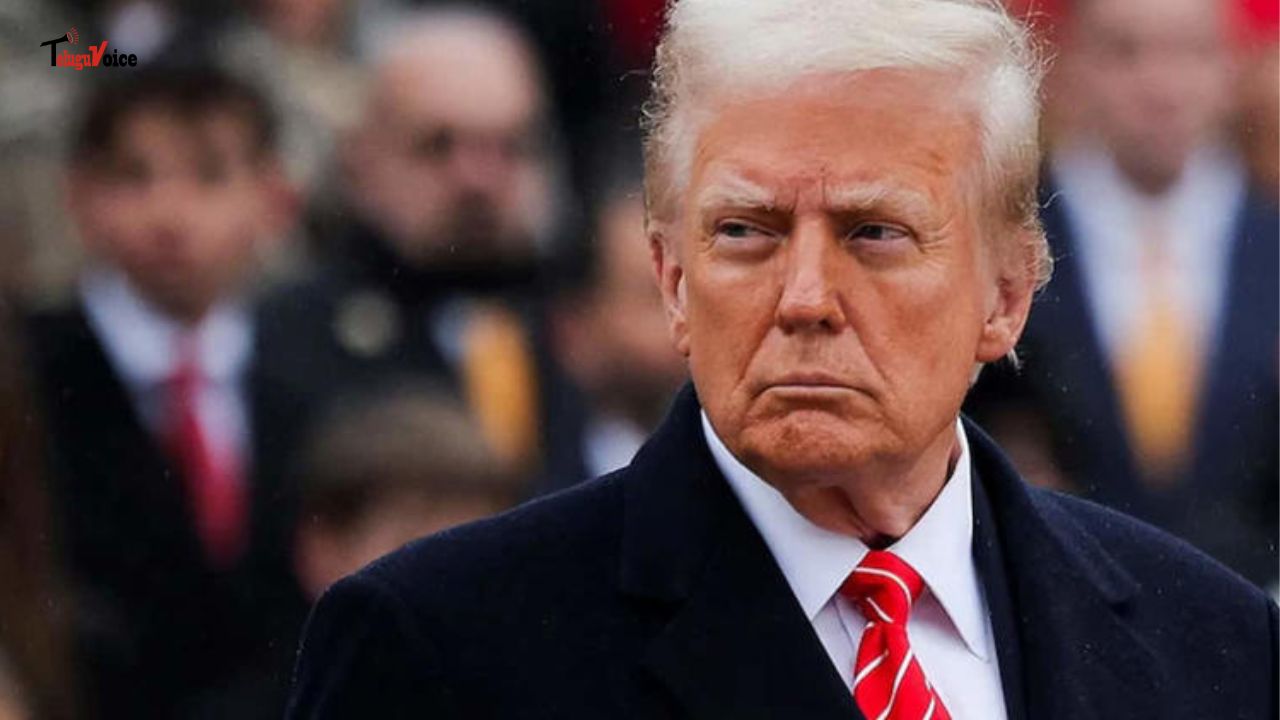US May Deny Visas for Health Conditions Like Diabetes and Obesity: What It Means for F-1 Students

The United States has issued new guidance that could result in visa or green card denials for individuals with chronic health conditions such as diabetes, obesity, or heart disease. This policy, seen as an expansion of the century-old “public charge” rule, directs consular officers to evaluate whether applicants may require expensive long-term medical care, potentially costing “hundreds of thousands of dollars.”
The new directive lists conditions including cardiovascular diseases, cancers, respiratory and metabolic disorders, neurological and mental health issues, and obesity—citing its link to complications like high blood pressure and sleep apnea. Traditionally, visa-related medical screenings focused on infectious diseases such as tuberculosis, but this move shifts attention to non-communicable chronic illnesses that could impose financial burdens on the US healthcare system.
Although the rule technically applies to all visa categories—including student (F-1) and visitor (B-1/B-2) visas—it primarily targets green card applicants. F-1 students are already required to prove they have sufficient funds to cover tuition and living expenses, as well as health insurance. However, under this new framework, visa officers may now also assess whether applicants can afford lifelong medical treatment without relying on public support.
Immigration experts warn that the policy grants consular officers broad discretion to judge medical and financial capacity, despite lacking medical expertise. This could lead to subjective and inconsistent decisions, disproportionately affecting applicants with common chronic conditions.
For international students, especially from countries like India where such illnesses are prevalent, the rule adds new uncertainty. Universities and families may need to prepare more detailed health and financial documentation. While the exact impact on F-1 applicants remains unclear, the policy signals tighter scrutiny that could complicate the US study visa process for students with pre-existing health issues.

 South Africa tour of India 2019
South Africa tour of India 2019










Comments